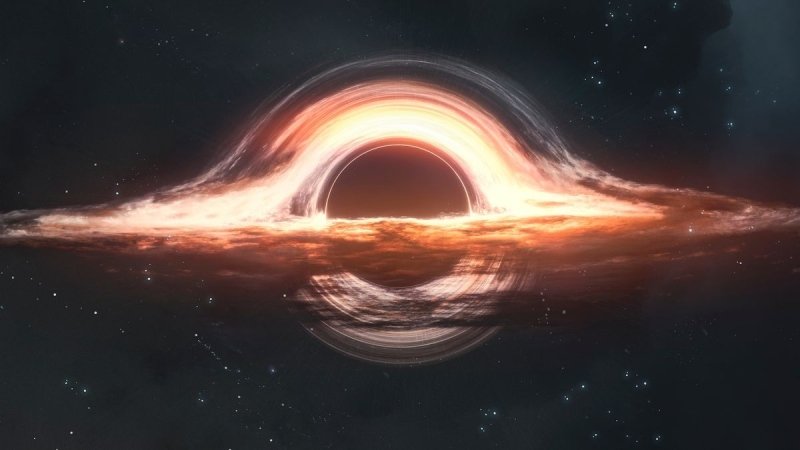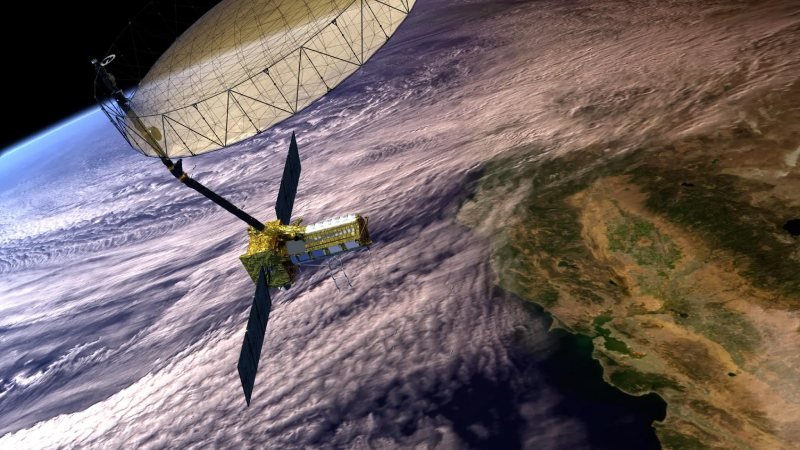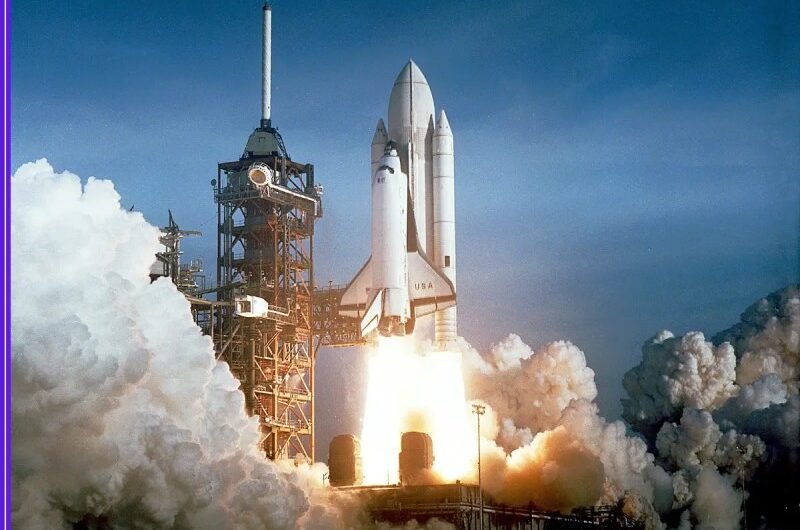Scientists have long suspected a connection between the energy that powers black holes and the force driving the universe’s expansion. A new study now adds weight to that idea, suggesting dark energy may be linked to black holes, potentially explaining the continual growth of the cosmos. The theory posits that as black holes formed in events similar to mini reverse Big Bangs, dark energy began to rise in prominence, and it continues to evolve today.
Since its discovery, dark energy has mystified scientists due to its unclear nature and origin. It is, however, believed to be responsible for the accelerating expansion of the universe and currently makes up about 70% of the universe’s matter-energy composition. In a recent paper published in the Journal of Cosmology and Astroparticle Physics, a team led by Professor Gregory Tarlé of the University of Michigan and researcher Kevin Croker from Arizona State University argues that black holes may directly contribute to dark energy, especially during their formation.
According to Tarlé, when a massive star collapses into a black hole, the process may cause matter to convert back into dark energy. He likened this to the Big Bang, but in reverse, where the formation of a black hole mirrors inflation on a smaller scale. He suggests that this “reverse inflation” could be the key to understanding how black holes might fuel dark energy.
Tarlé, as reported by Space.com, explains that black holes may be “cosmologically coupled” with the expanding universe, filled with dark energy that increases as the universe grows. Data for this research comes from the Dark Energy Spectroscopic Instrument (DESI), a device with 5,000 robotic sensors mounted on the Mayall Telescope at the Kitt Peak National Observatory. DESI’s capabilities allow astronomers to peer billions of years into the past, gathering precise data on the universe’s expansion rate. Over its initial year of a five-year project, DESI has already provided intriguing insights, showing that dark energy density has risen over time.
The research team analyzed data from millions of distant galaxies, studying how black hole formation rates across cosmic history align with dark energy’s behavior. Duncan Farrah, an associate professor at the University of Hawaii, finds this observed relationship between black holes and dark energy a strong indicator that black holes could indeed serve as sources of dark energy. Previous research identified connections between dark energy and supermassive black holes at galactic centers, but this study also considers younger black holes from a period when both star and black hole formation were highly active.
Topics #black holes #Dark Energy #Earth #Expansion #galaxy #Moon #news #solar system #space #Sun #Universe











